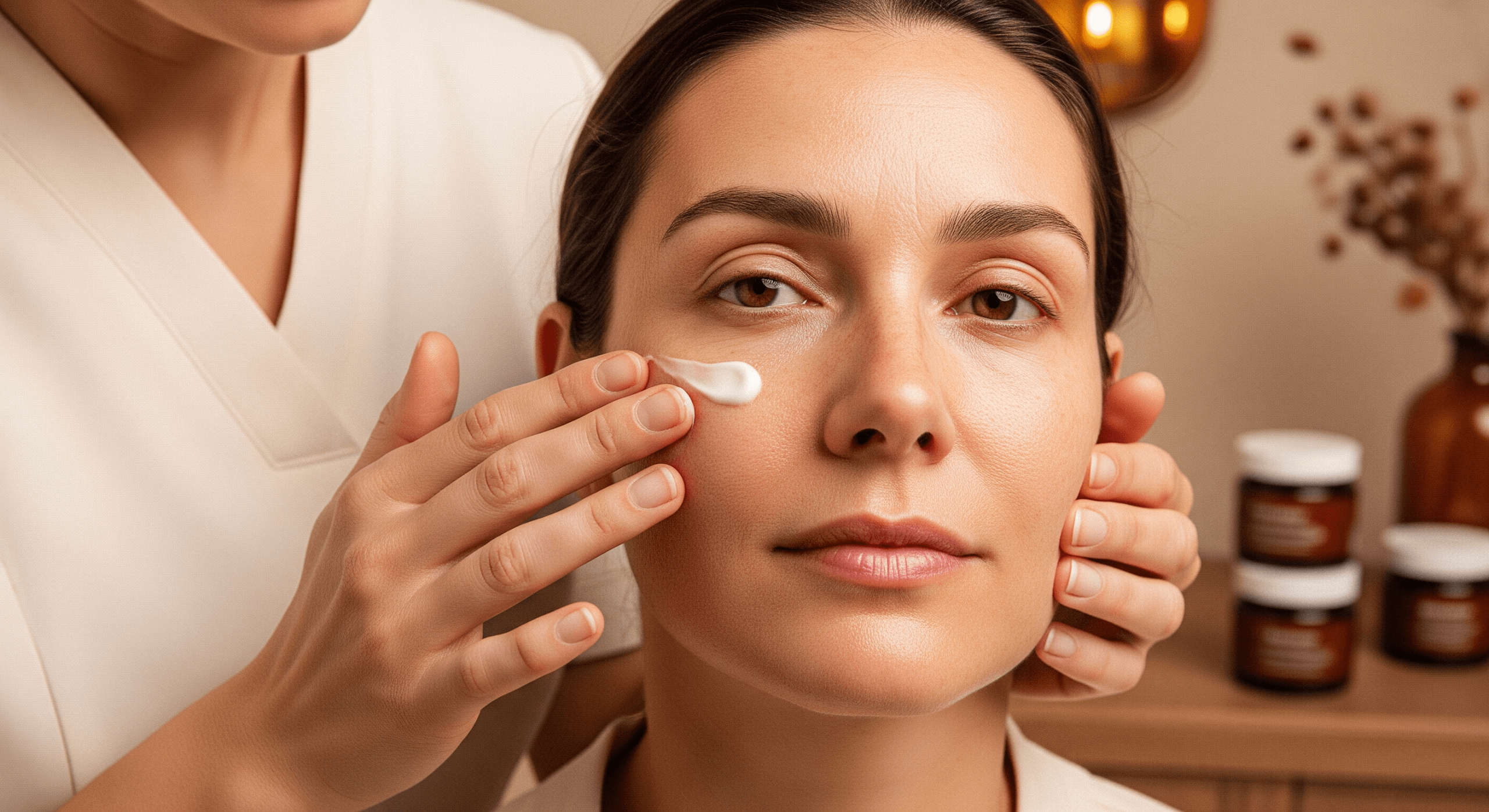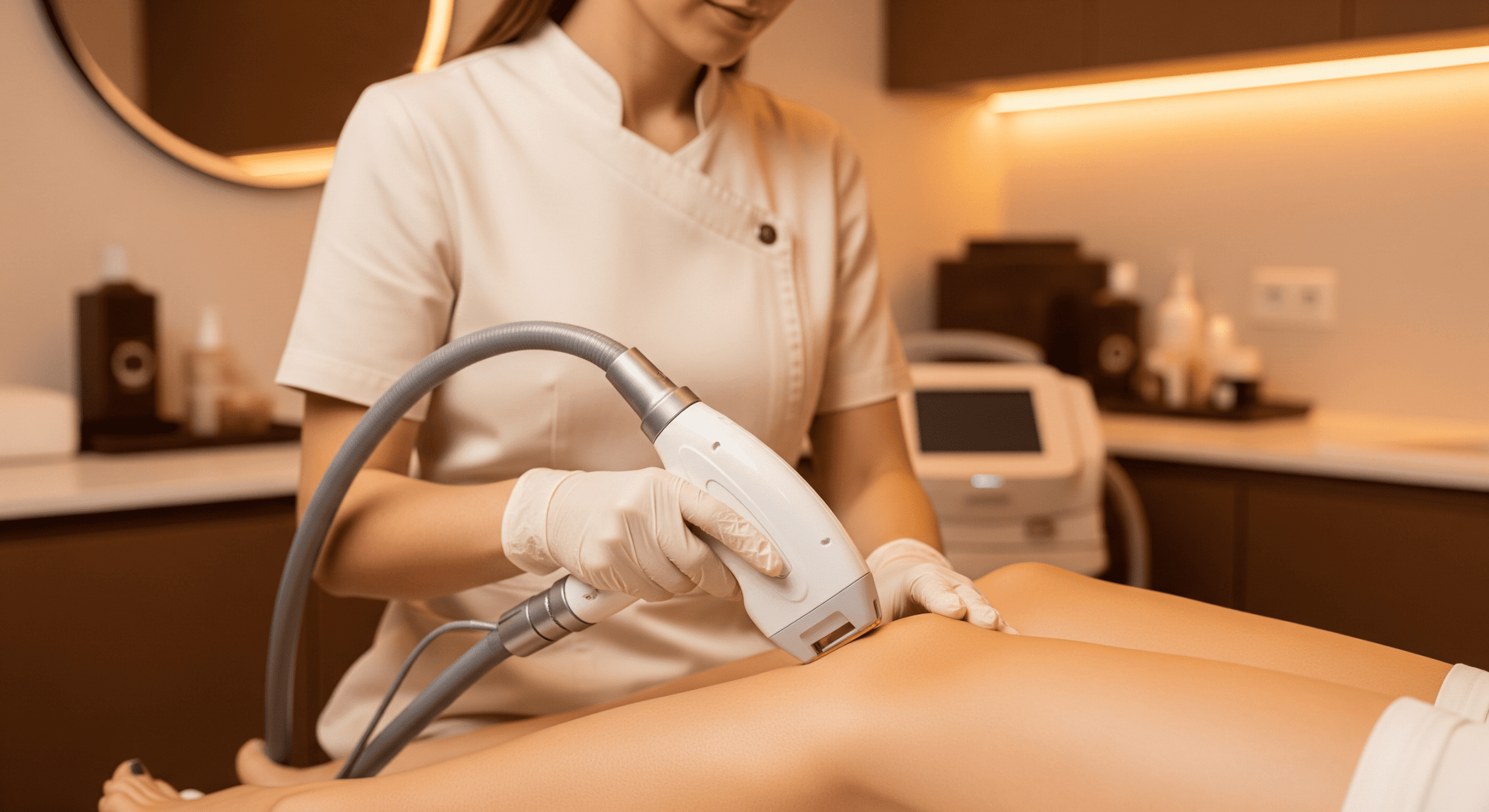Most people are familiar with the advice to eat well, stay hydrated, and use gentle products for better skin—but fewer recognize how mental health can play a major role in skin health. Whether it’s a sudden breakout before a big presentation or persistent irritation during stressful life events, the relationship between emotional well-being and your complexion is powerful. At Skin Care Institute, we understand that achieving healthy skin is about more than what you put on your face. Here, we’ll explain how mental health and skin are connected, how stress management can support your complexion, and what you can do to nurture both mind and skin for lasting results.
Jump To:
TLDR – Quick Guide
- Stress and mental health challenges frequently trigger or worsen common skin problems.
- Managing stress often leads to improvements in skin texture, clarity, and resilience within several weeks.
- Some people notice quick benefits, but the most significant changes are gradual, building over several months.
- Everyone’s experience is different—results depend on the type of skin concern, overall health, and how stress is managed.
- Combining professional skincare with a focus on mental wellness delivers the best outcomes.
Detailed Breakdown
Understanding the Mental Health–Skin Connection
Your skin doesn’t exist in isolation. When you’re anxious or under pressure, your body produces stress hormones like cortisol. These can increase inflammation, change how your skin repairs itself, and alter oil production. As a result, flare-ups of acne, eczema, rosacea, or even hives are common during periods of emotional strain.
For some, stress can also slow down the skin’s ability to heal, making breakouts or irritation last longer than usual. On the other hand, taking care of your mental health helps your skin return to a balanced, healthier state.
What Results Can You Expect, and When?
First 2–4 Weeks: Early Signs of Change
If you begin a routine that includes relaxation, mindfulness, or other stress reduction, you may see subtle shifts in your skin—fewer new blemishes, less redness, or improved comfort.
1–2 Months: More Noticeable Improvements
With consistent mental health support and a steady skincare routine, many people experience a visible improvement in tone, texture, and fewer flare-ups. Sleep quality often improves as well, supporting natural skin repair.
3–6 Months: Lasting Benefits
Long-term stress management can have a dramatic effect: chronic skin problems often become more manageable, and your complexion appears brighter and healthier. Many patients say their skin becomes less reactive, with improved confidence as a bonus.
Factors That Shape Your Results
- Stress Severity: Ongoing high stress takes a greater toll on the skin, while healthy coping strategies support healing.
- Type of Skin Issue: Conditions like adult acne, eczema, or psoriasis may respond differently and require targeted care.
- Lifestyle: Nutrition, exercise, and sleep work hand-in-hand with mental health for best results.
- Consistency: The most meaningful changes come from small, repeated habits rather than one-time fixes.
What If My Skin Gets Worse Before It Gets Better?
It’s normal to experience some fluctuation as you adjust new routines or address emotional health for the first time. Some people may even see a temporary uptick in breakouts or sensitivity. This is typically short-lived and improves with ongoing stress management and support from skincare professionals.
What Most People Experience
- Immediate improvements: Better sleep and a calmer mood can quickly reduce visible stress in the skin.
- Gradual changes: Over weeks and months, resilience improves, flare-ups become less frequent, and the skin heals more efficiently.
- Sustained results: For those who maintain both mental health and skincare routines, the improvements are long-lasting.
Key Takeaways
- Mental health and skin are deeply connected—stress can impact nearly every aspect of skin health.
- Effective stress management often leads to a clearer, healthier complexion, with the best results seen over time.
- Everyone’s timeline is unique, but patience and a holistic approach provide the strongest foundation for success.
- Working with both skin experts and mental health professionals can maximize your results.
FAQs
How quickly does stress management impact my skin?
Many people notice changes within a few weeks, with bigger improvements after several months of consistent care.
Can stress cause new skin problems?
Yes, especially if you are already prone to conditions like acne, eczema, or rosacea.
Is professional support necessary?
For persistent or severe concerns, expert guidance from both dermatology and mental health providers can make a significant difference.
Can lifestyle changes replace topical treatments?
Lifestyle and stress management support your skin, but quality skincare remains an essential part of the solution.
Can improving my mental health help my skincare products work better?
Yes. When your stress levels are lower and your skin’s barrier is healthier, products are more likely to absorb effectively and deliver better results. A calmer mind often means a calmer complexion, making your skincare routine more efficient.


